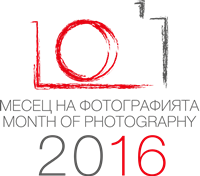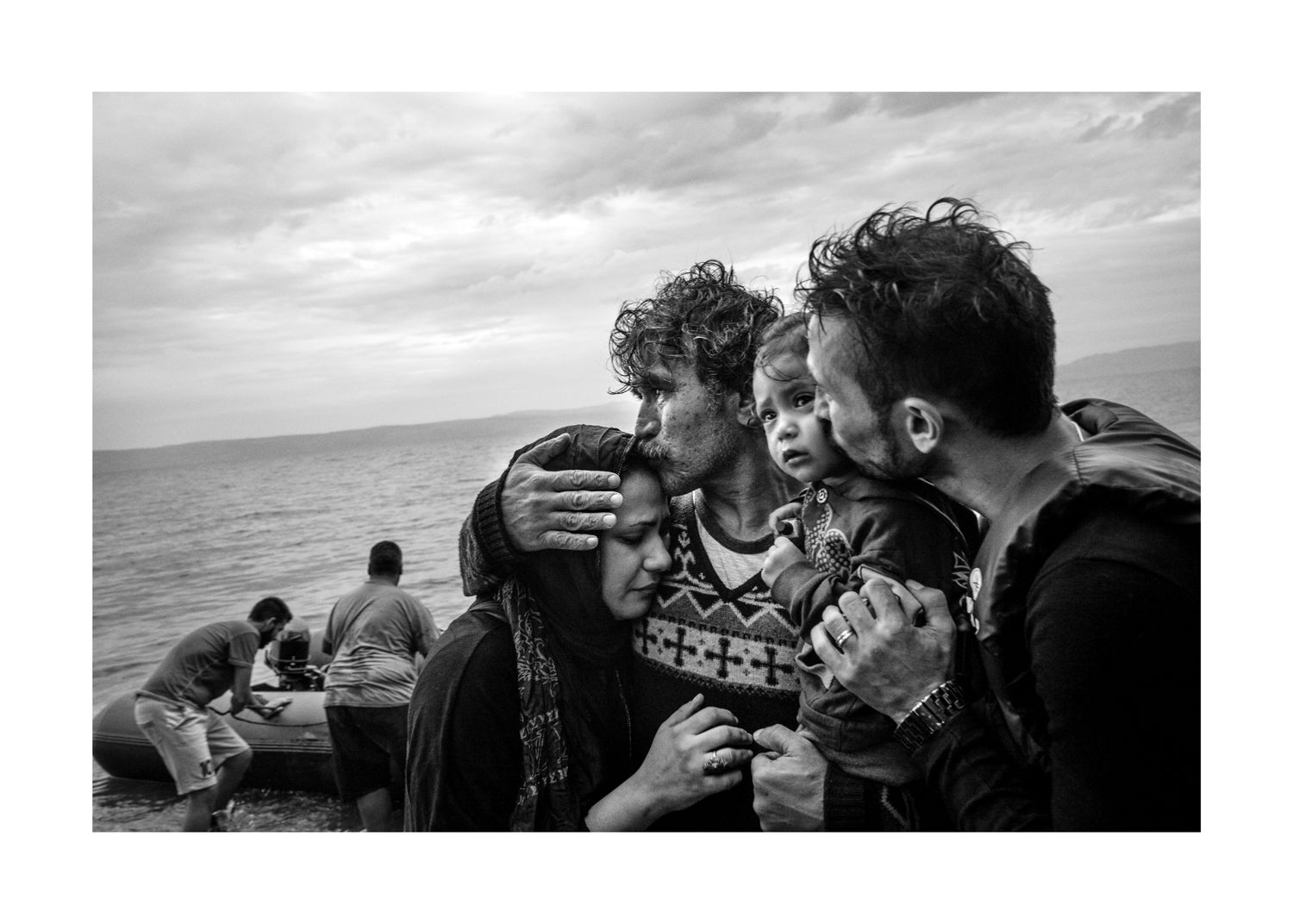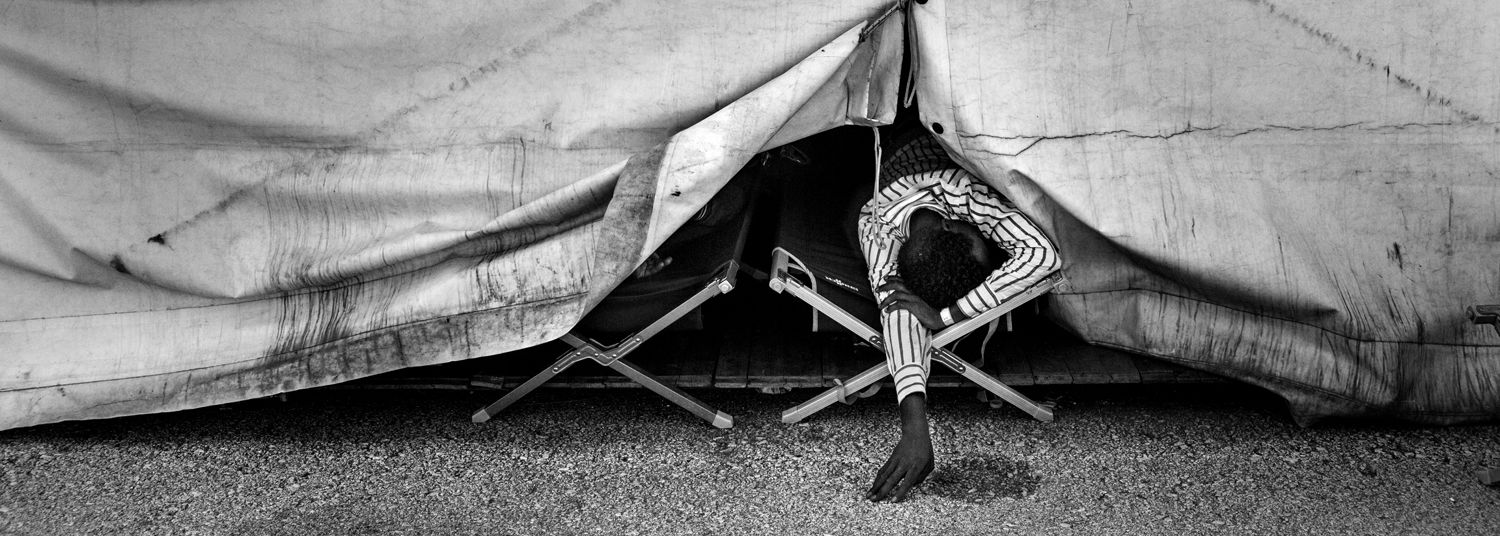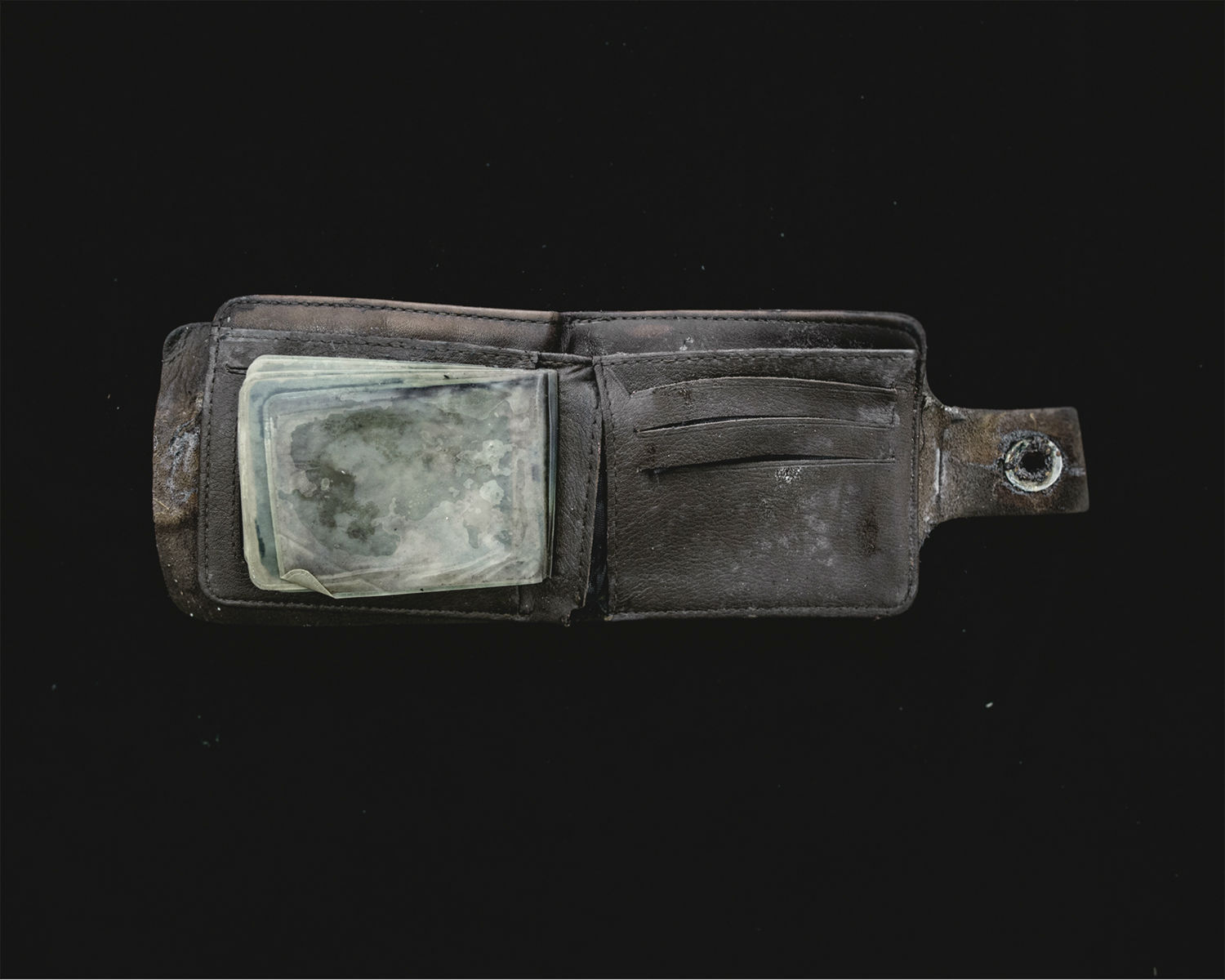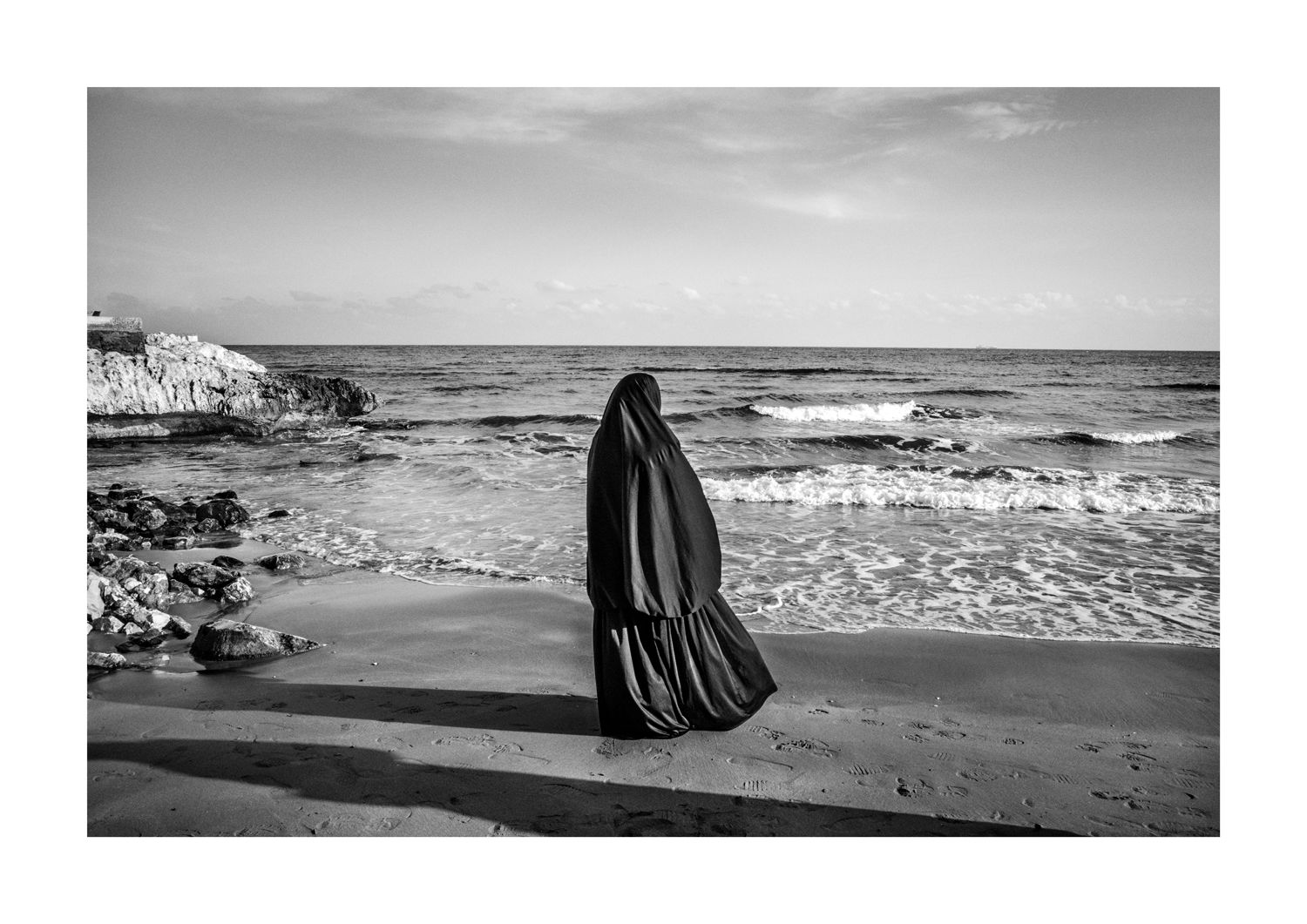Сънят
|
През 2011 започнах да пътувам в Северна Африка и Средния изток, за да документирам причините и последиците от бунтовете и войните известни като „Арабската пролет” По време на битката за Бенгази в Либия, видях стотици мъже от Бангладеш и страните от Африканския рог хванати в капан: бягащи от войната, но неспособни да намерят пътя към дома. През следващите години по границите на Сирия с Турция и Ирак, хиляди оцеляващи, бягащи от сирийския ад, се струпваха в палатковите лагери на Bab al Salam и Kawergosk. В същото време претоварени лодки с бежанци пресичаха Средиземно море от Северна Африка до Лампедуза и Сицилия, в търсене на нов живот. Дали бунтовете в Арабския свят бяха начало на демократични процеси или само кратък вик на облекчение от репресирани хора, само Историята ще покаже. Единственото сигурно засега е поразителният брой хора, които са избягали от рака на войната и сега са принудени да се скитат в състояние на неопределеност между нациите. През последните пет години, броят на бягащите от войни и глад драстично е нараснал, бележейки най-масовото преселване за последните седемдесет години. През всичките тези години осъзнах как войната оголва човешкото същество, оставяйки го само с примитивните му емоции на страх, тъга, щастие и любов – но най-силното чувството, което срещнах беше надежда. Една мечта се отразява в очите на всички онези, които гледат към бъдещето, тъй като миналия им живот вече е откраднат. Най-дълбоки надежди, мечтата за бягство от войната, за мирен живот, за наличие на работа и семейство, се е превърнала в реална движеща сила за това пътуване. Опитах да видя този свят през очите на всички онези мъже и жени, които срещнах по пътя и благодарение на тях, на тяхното приемане бях способен да развия емпатията, която е в основата на този проект. Виждам съпричастността като единствен начин да се документира, честно и интимно, дългия път на тези хора към надеждата. И така, търсейки емблематични и непреходни образи, реших да използвам ръчна камера, направена от картон. Пинхол камера – Pinolina – много проста камера, отразяваща условията на бежанците – сведени до най-основното за тяхното съществуване, борбата за оцеляване. СънятКошмарът – войната с нейните експлозии и болка – това е реалност, но сънят е приятен; той съвпада с надеждата, че нещо – поне за миг – може да се промени. Чувство, в което всеки човек намира убежище, в спомени за това, което е било и във видение на бъдеще, което далеч не е приключило. По време на сън, умът се отклонява и се скита в един спокоен свят. И тогава идва реалността, първоначално в мъгла, а после все по-ясна. Реалния живот на милиони хора, бягащи от конфликти и глад, които пазят чувството за война, защото войната никога не напуска живота на някой, който я е преживял. Безкрайно чакане, пристигането, обработката, лагерите и всички извървени километри през граници, прегради и стени на враждебни страни. И тогава за някои идва смъртта, надвила надеждата, множество хора приключили своето пътуване изчезвайки в Средиземно или Егейско море. И въпреки дните сред кал и палатки, всички тези мъже и жени продължават и се борят. Уморени от живота в болка, те предпочитат да се върнат към съня, да се върне дори за миг тази надежда, потънала в забвение. Докато реалността се появи отново като призрак на войната, която не може да бъде забравена никога. Открих цикличната природа на историята, която отивайки напред, винаги се връща, напомняйки ни, че ние сме просто хора. Бежанци бягащи в неизвестна посока, както в Европа през Втората световна война, както в Испания по време на Гражданската война или като в Югославия по време на Балканската война. Масово изселване, милиони хора в капана на живот, който не са избирали. И след всичко, ние всички сме бежанци. Победител в конкурса Picture of the Year 2016 http://www.fabiobucciarelli.com/2016/02/16/winner-of-poy-exodus/ The Dream в пресата: http://www.fabiobucciarelli.com/2016/02/26/the-dream-on-the-guardian/ http://www.fabiobucciarelli.com/2015/12/13/the-dream-leica-fotografie-international http://www.fabiobucciarelli.com/2015/11/25/the-dream-on-internazionale/ http://www.fabiobucciarelli.com/2015/11/19/the-dream-on-yahoo/ Биографията на Фабио Бучарели можете да прочетете ТУК. Италиански културен институтИталианският културен институт в София е Културният отдел на Посолството на Италия, чиято идея е разпространението на италианския език и култура в България. Задачата му е да подпомага взаимното опознаване на двата народа и културното сътрудничество между тях, в рамките на вече съществуващите международни отношения. Институтът работи съвместно с всички италиански институции, намиращи се в България и с най-важните български институции.
|
